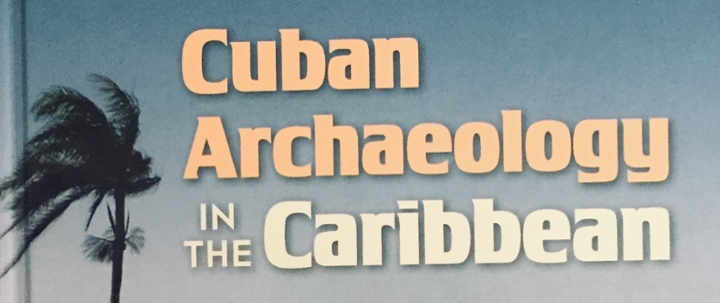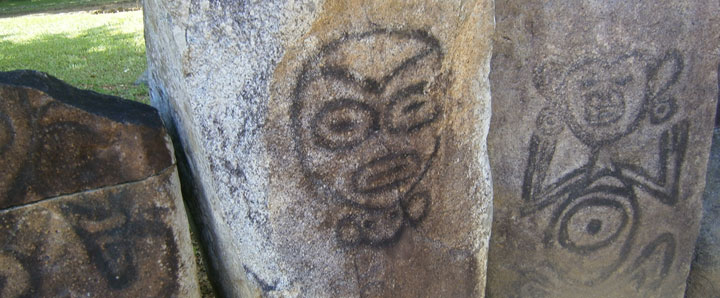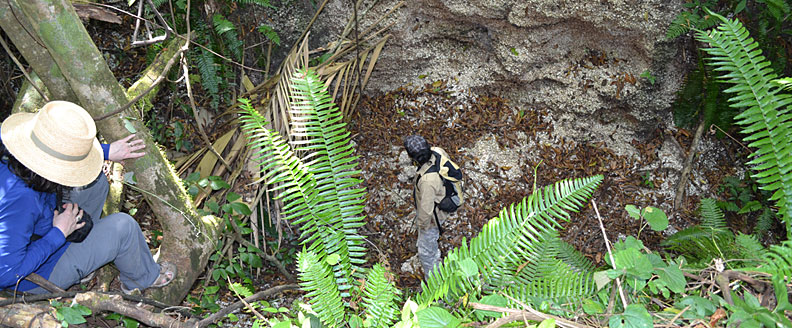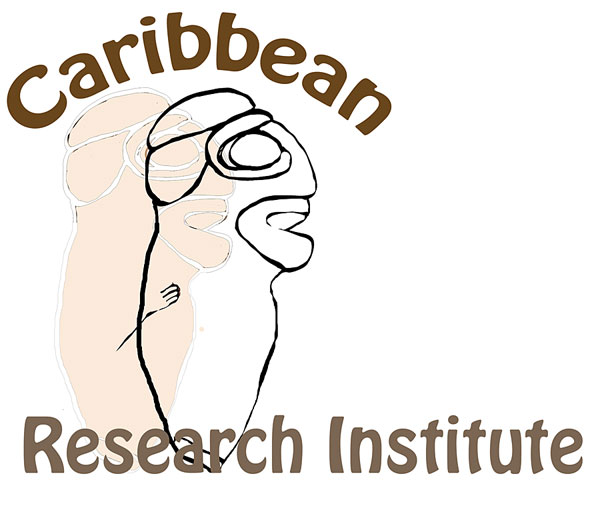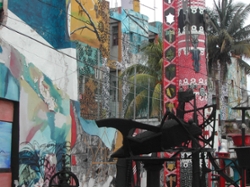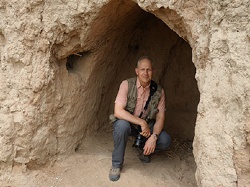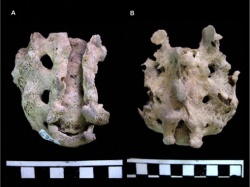Caribbean Research Institute
About the Institute
The Caribbean Research Institute (CRI) advances research in the circum-Caribbean region, provides fora for dissemination of findings, and promotes mobility and interaction in research and education of Canadian and Caribbean scholars and students. The work of the CRI is conducted through collaboration of UW researchers with researchers from three other Canadian universities (Bishop’s University; Lakehead University; University of Toronto), as well as with scholars from Cuba (University of Havana), Nicaragua (Bluefields Indian and Caribbean University), Jamaica (University of the West Indies at Mona) and Costa Rica (Universidad de Costa Rica). The CRI also works in partnership with various local and national heritage institutions (Cuban Institute of Anthropology; Jamaica National Heritage Trust).
The CRI organizes Speakers Series on main campus where our members present to the academic community and to the general public their recent research results.

Director of the Caribbean Research Institute
Office: 4CM19
Building: Centennial
Phone: 204.786.9078
Email: i.roksandic@uwinnipeg.ca
Ivan Roksandic (PhD University of British Columbia) is a broadly trained linguist with a background in archaeology, epigraphy, history of script, and mythopoeia. His current research deals with indigenous languages of South America, specifically with Arawakan and Jê families. He is interested in topics such as the spread of Arawakan speech communities across northeastern portion of South America, the problems of onomastics in Macro-Jê languages, and the subdivisions of that language family. Furthermore, combining linguistic and archaeological lines of research, he explores the patterns of successive migrations and colonization of the Caribbean islands and the linguistic heritage of different pre-Colombian ethnic groups as expressed in the toponymy of this region.
His other field of study concerns the influence of, and complex interrelations between, mythology and folk traditions, on one hand, and literature, written history, and cultural heritage, on the other.

